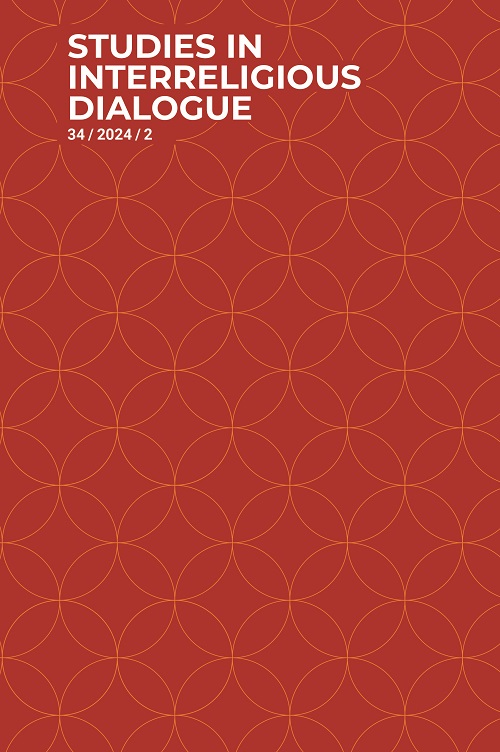 previous article in this issue previous article in this issue | next article in this issue  |

Preview first page |
Document Details : Title: Religious Pluralization and Interfaith Activism in Germany Author(s): NAGEL, Alexander-Kenneth Journal: Studies in Interreligious Dialogue Volume: 25 Issue: 2 Date: 2015 Pages: 199-221 DOI: 10.2143/SID.25.2.3134520 Abstract : The article provides an overview of the modalities, conditions, and consequences of religious pluralization in Germany since the end of World War II. Even though there have been confessional divisions and a significant Jewish minority ever since the Reformation, it was the large-scale labor migration of the 1960s that led to what is now a multicultural and multifaith society. The article traces these processes of immigration and religious institutionalization along with some more general transformations of the religious field in Germany, i.e. individualization and eventization. Moreover, the multifaith society brought forth a new segment of interfaith activism. The article explores this field on the basis of empirical evidence and outlines an ideal-typical distinction of interreligious activities including neighborhood meetings, dialogue groups, peace prayers as well as interfaith school services and festivals, such as an annual Christian-Muslim soccer tournament. Finally, religious pluralization has created both challenges and opportunities in terms of governance and regulation. In this regard, the article discusses a recent development of urban authorities forming public-private partnerships with local interfaith initiatives, which at the same time enhance the scope of interfaith activism and introduces a new and sometimes conflicting perspective of integration politics. In structural terms, the multifaith society needs to be reconciled with the regulatory realities of the corporatist German system, which poses a number of new legal and organizational questions, for example, with respect to religious instruction at schools. |
 |


